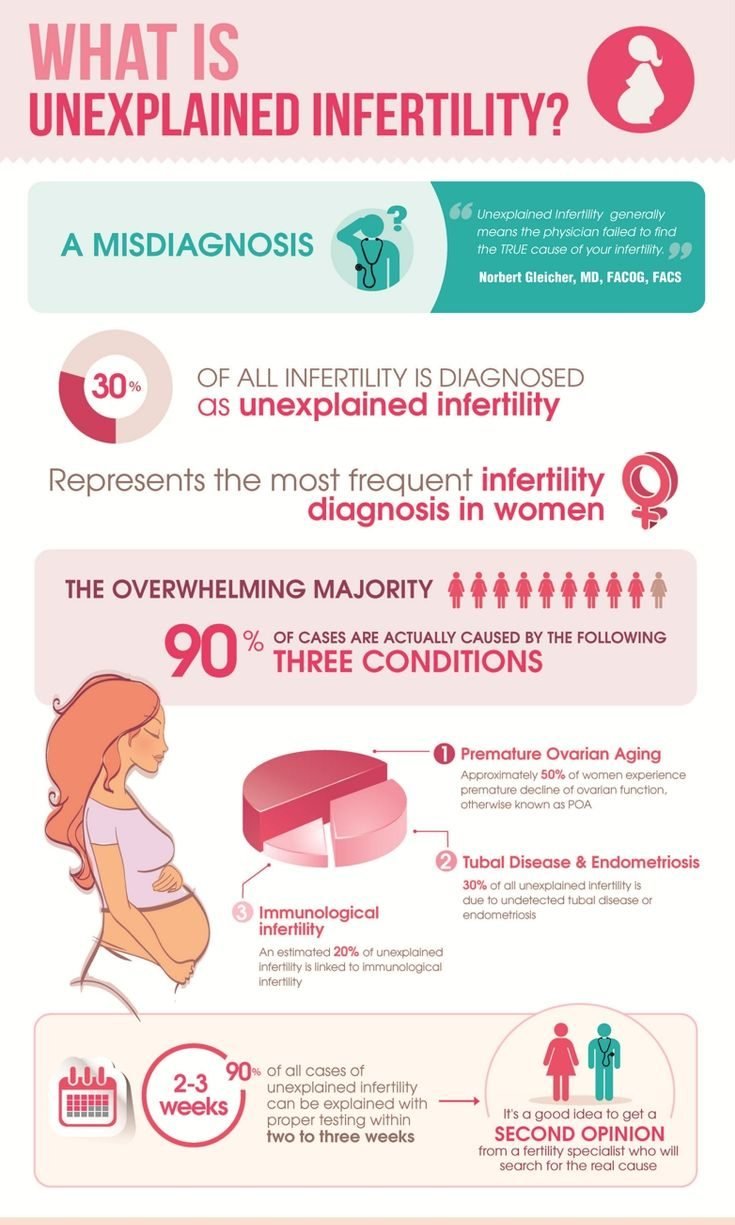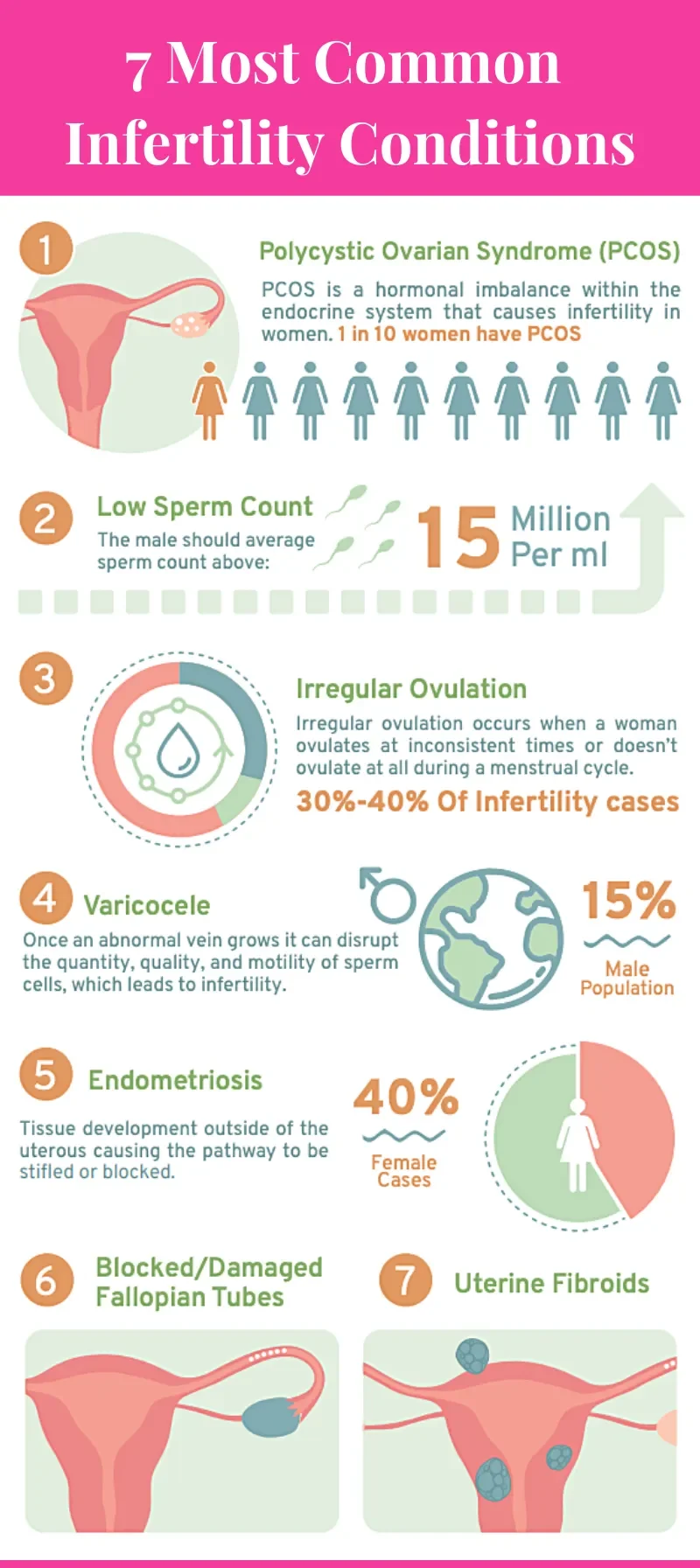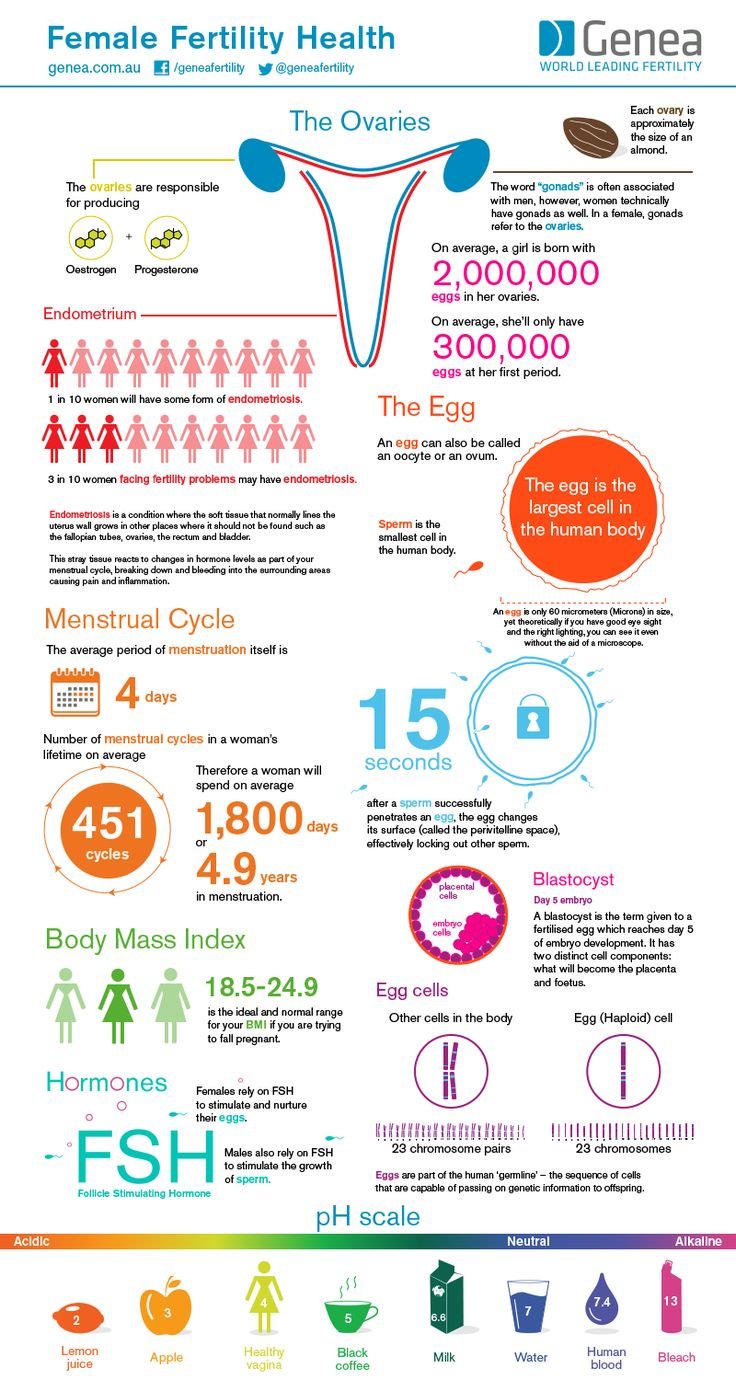June Is World Infertility Awareness Month
Highlighting Awareness for Women’s Struggle to Conceive
June is World Infertility Awareness Month, a campaign created to highlight the infertility issues faced by people around the world each year. There is a misconception that infertility affects only a small part of the population, but as many as 48.5 million couples, or 186 million individuals, live with infertility.
In the US, 1 in 5 women between the ages 15 and 49 struggle with primary infertility, or the inability to conceive a pregnancy after at least one year of unprotected sex, and 1 in 20 women struggle with secondary infertility, or the inability to conceive or carry a baby to term after giving birth before.
Female Infertility can be especially challenging and frustrating as the maternal age for a woman’s ability to get pregnant declines at around age 30, and shapely declines further around age 35. Key infertility factors may be caused by problems with ovulation, damaged or blocked fallopian tubes, or other gynecological issues such as endometriosis, prior infections, STIs or surgeries.
New studies by Scientific American, indicate that the vaginal microbiome may affect female health more than we thought. The vaginal microbiome is an intricate and dynamic micro ecosystem that constantly undergoes fluctuations during the menstrual cycle and throughout a womens’ entire life. The microorganisms that colonize the vagina protect against infections while an imbalanced microbiome can lead to infections, antibiotic resistance, hormone imbalances and medical conditions that disrupt its healthy environment.
“A balanced vaginal microbiome is essential for a healthy reproductive system,“ said Giana Jarrah, a biomedical engineer and Founder CEO of With Meraki Co, a female’s reproductive holistic health company. “Studies show that probiotics may improve fertility in women by restoring and maintaining a healthy vaginal microbiome and genital tract. Probiotics stick to vaginal surfaces and make it harder for bacteria to grow, “ she said. ”Probiotics have also been shown to improve other bodily functions that impact fertility such as digestion, immunity and nutrient absorption, ” she added.
You can still get pregnant with an imbalance vaginal microbiome, but it can be difficult and there is a risk for pregnancy complications including:
- Miscarriage: Research suggests that pregnant women with a well-balanced vaginal microbiome are less likely to experience miscarriage than those with an imbalanced microbiome. Dysbiosis can lead to inflammation and infections, which have been linked to an increased risk of miscarriage.
- Premature birth: An imbalance in the vaginal microbiome can increase the risk of premature delivery, when a baby is born before 37 weeks gestation.
- Postpartum endometritis: An imbalance in the vaginal microbiome can increase the risk of postpartum endometritis.
- Preterm premature rupture of membranes (PPROM): An imbalance in the vaginal microbiome can increase the risk of PPROM.
- Gestational diabetes: An imbalance in the microbiota can lead to gestational diabetes.
- Preeclampsia: An imbalance in the microbiota can lead to preeclampsia.
The road to fertility can be fraught with obstacles, but there are treatments available and hope for those wishing to conceive. As always, please consult with your healthcare provider before starting any new course of supplements or treatments.
About Giana Jarrah and With Meraki Co
Giana Jarrah is the Founder of With Meraki Co and a biomedical engineer committed to fostering a healthier world. During her undergraduate years, recurrent UTIs led her to explore the realm of vaginal health. Disappointed by the lack of solutions, she immersed herself in research, revealing a significant gap in women’s knowledge about their own bodies. Determined to destigmatize conversations around vaginal health, she conducted experiments in campus laboratories, emphasizing the transformative effects of probiotics. Recognizing the absence of a leading probiotic supplement for female urinary and vaginal health, she trusted both science and intuition, ultimately creating a brand that represents her fierce dedication to advancing women’s health. With Meraki Co. aims to resonate with women on a personal level, ensuring they feel acknowledged, understood, and genuinely cared for. For more information visit https://www.shopwithmerakico.com/
Related Infographics:








